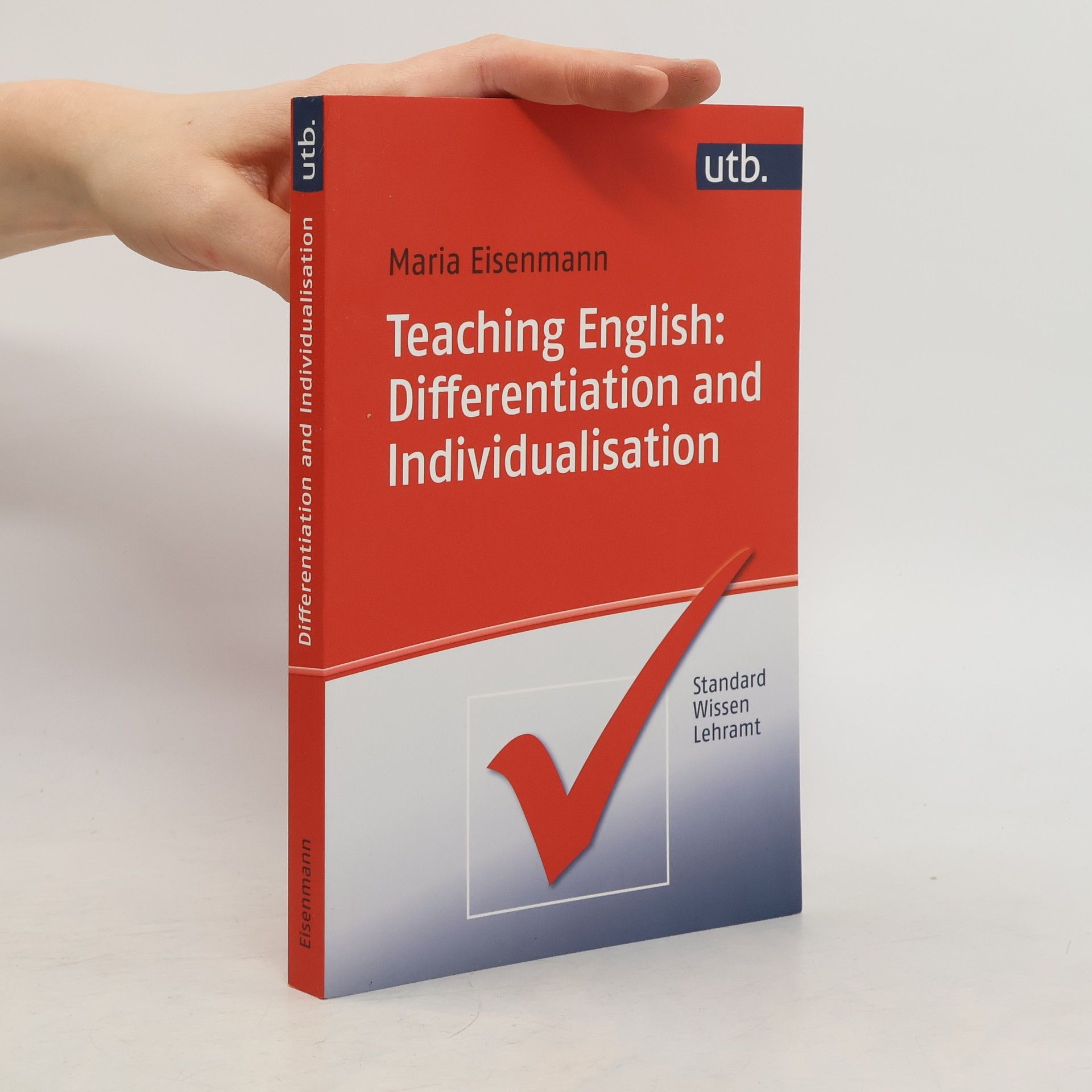Teaching English: Differentiation and Individualisation
- 245pages
- 9 heures de lecture
Heterogenität im Klassenzimmer ist Alltag und eine Herausforderung. Auch Englischlehrkräfte sind aufgefordert, dies mit speziell zugeschnittenen Lernarrangements zu berücksichtigen. Maria Eisenmann führt daher nicht nur in die Theorien von Heterogenität, Differenzierung und Inklusion ein, sondern stellt individualisierende Methoden und Lernstrategien für die Praxis des Unterrichts vor.

